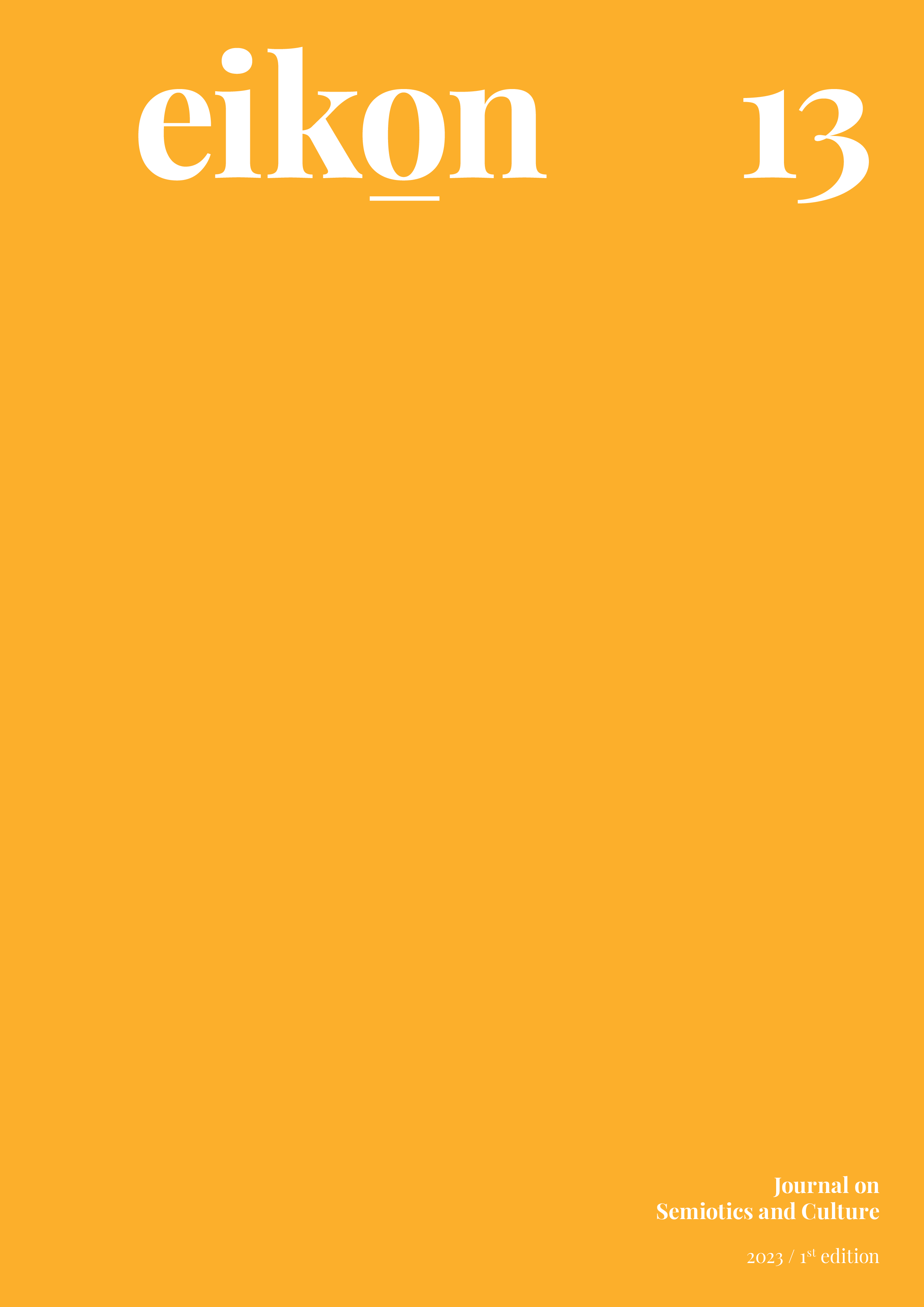In/visibilidades de gênero, pessoas trans e banheiros públicos
Keywords:
banheiros públicos, estudos de gênero, Reddit, Trans Studies, transgêneros.Abstract
Este artigo busca investigar os acionamentos dos regimes de visibilidade de gênero em sua relação com o uso de banheiros públicos. Para tanto, parte de uma revisão teórica com foco nos Trans Studies, e aprofunda os efeitos práticos através de uma etnografia digital realizada nas comunidades de pessoas trans na plataforma de fóruns Reddit. Demonstramos certas complexidades que envolvem o tema, em especial na exigência de uma performatividade inequívoca de marcadores estereotípicos de gênero, para que o uso de banheiros públicos seja franqueado; e como tais dispositivos não se aplicam apenas às pessoas gênero-variantes, mas também às pessoas cisgênero.References
ALVES, Cláudio & MOREIRA, Maria. (2015). Do uso do nome social ao uso do banheiro: (trans)subjetividades em escolas brasileiras. Quaderns de Psicología, v. 17, n. 3, p. 59-69.
BEAUCHAMP, Toby. (2019). Going Stealth: Transgender Politics and U.S. Surveillance Practices. Durham: Duke University Press.
BETTCHER, Talia. (2014). Trapped in the Wrong Theory: Rethinking Trans Oppression and Resistance. Signs: Journal of Women in Culture and Society, v. 39, n. 2, p. 383-406.
BERGMAN, Bear. (2010). Butch Is a Noun. Vancouver: Arsenal.
CONNELL, Catherine. The Politics of the Stall: Transgender and Genderqueer Workers Negotiating “the Bathroom Question”. In: BOBEL, Chris & KWAN, Samantha (eds.). (2011). Embodied Resistance: Challenging the Norms, Breaking the Rules. Nashville: Vanderbilt University Press. p. 175-185.
ERICKSON-SCHROTH, Laura & JACOBS, Laura. (2017). “You're in the Wrong Bathroom!”: and 20 Other Myths and Misconceptions about Transgender and Gender-nonconforming People. Boston: Beacon Press.
HALBERSTAM, J. (1998). Female Masculinity. Durham: Duke University Press.
JAMES, Sandy et al. (2016). The Report of the 2015 U.S. Transgender Survey. Washington: National Center for Transgender Equality. Disponível em: <https://transequality.org/sites/default/files/docs/usts/USTS-Full-Report-Dec17.pdf>. Acesso em: 20/05/23.
KUBERSKI, Philip. (2004). Plumbing the Abyss: Stanley Kubrick’s Bathrooms. Arizona Quarterly: A Journal of American Literature, Culture, and Theory, v. 60, n. 4, p. 139-160.
PRECIADO, Paul. (2019a). “Soy un disidente del sistema sexo-género”. [Entrevista concedida a] Anna Péres Pagès. Àrtic. Barcelona: Betevé, 12 de abril. Programa de TV. Disponível em: <https://www.youtube.com/watch?v=Aa-RiOuYiE4>. Acesso em: 20/05/23.
PRECIADO, Paul. (2019b). Lixo e Gênero, Mijar/Cagar, Masculino/Feminino. Performatus, v. 7, n. 20. Disponível em <https://performatus.com.br/traducoes/lixo-e-genero/>. Acesso em: 20/05/23.
RUBIN, Henry. (2003). Self-Made Men: Identity and Embodiment among Transsexual Men. Nashville: Vanderbilt University Press.
SERANO, Julia. (2016). Whipping Girl: A Transsexual Woman on Sexism and the Scapegoating of Femininity. 2 ed. New York: Basic Books.
SCHUSTER, Mark, REISNER, Sari & ONORATO, Sarah. (2016). Beyond Bathrooms: Meeting the Health Needs of Transgender People. The New England Journal of Medicine, n. 375, p. 101-103.
VARELLA, Drauzio. (2016). Banheiros transgêneros. Disponível em: <https://drauziovarella.uol.com.br/drauzio/artigos/banheiros-transgeneros-artigo/>. Acesso em: 20/05/23.
Downloads
Published
Issue
Section
License
Copyright (c) 2023 Eikon

This work is licensed under a Creative Commons Attribution-NonCommercial-NoDerivatives 3.0 Unported License.
Authors who publish with this journal agree to the following terms:
- Authors retain copyright and grant the journal right of first publication with the work simultaneously licensed under a Creative Commons Attribution License that allows others to share the work with an acknowledgement of the work's authorship and initial publication in this journal.
- Authors are able to enter into separate, additional contractual arrangements for the non-exclusive distribution of the journal's published version of the work (e.g., post it to an institutional repository or publish it in a book), with an acknowledgement of its initial publication in this journal.
- Authors are permitted and encouraged to post their work online (e.g., in institutional repositories or on their website) prior to and during the submission process, as it can lead to productive exchanges, as well as earlier and greater citation of published work (See The Effect of Open Access).

